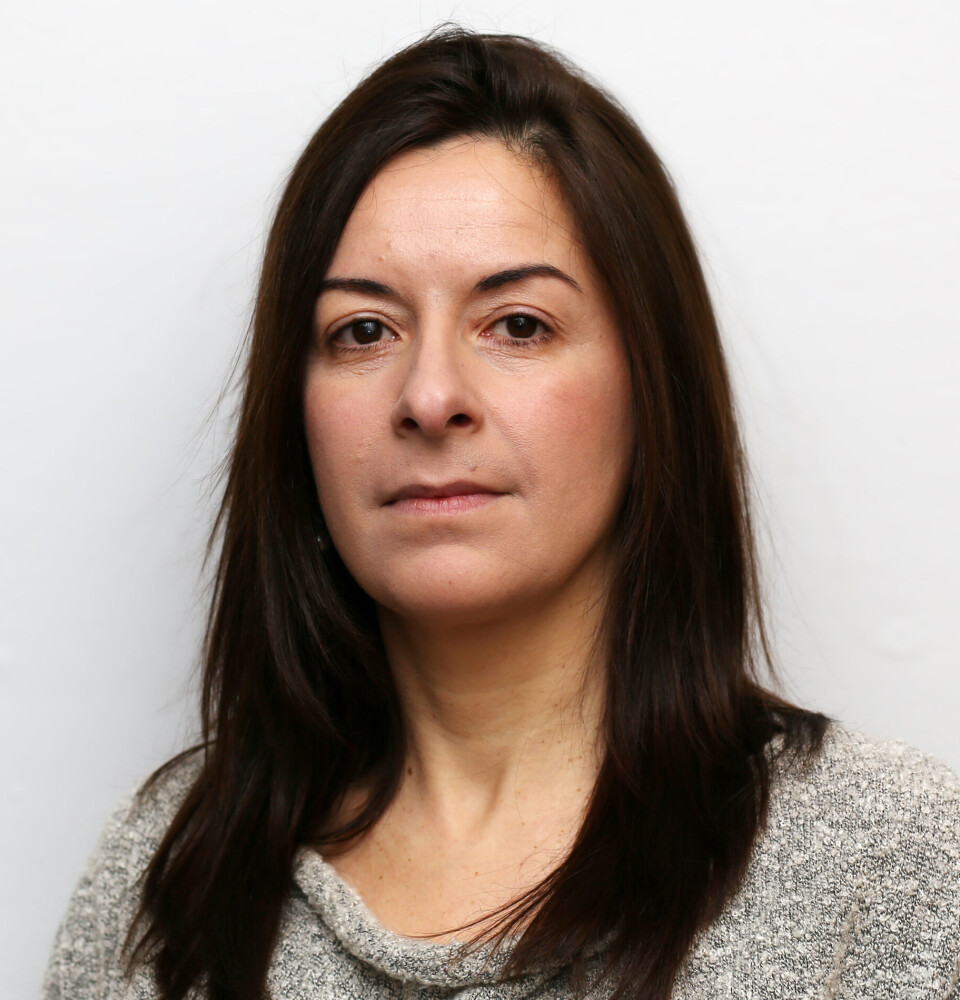THIS CONTENT IS BROUGHT TO YOU BY the Norwegian centre for E-health research - read more

Can social media be used to encourage more people to get vaccinated?
Researchers believe that the proper use of campaigns on social media can become a resource for the healthcare system to overcome scepticism and misinformation.
We often turn to like-minded people when we want answers to things we wonder about, including health-related questions. The issue of vaccination frequently resurfaces in public discourse, attracting a wide range of opinions.
But what happens if healthcare professionals contribute their professional expertise to these groups? Can social media help to increase vaccination status among the population?
Senior researcher Elia Gabarron at the Norwegian Centre for E-health Research has looked into this. In a systematic review, she has studied the use of social media as a source of information about vaccines.

"We examined data from countries such as the USA, Australia, China, and Jordan. This is because there is no high-quality research on this topic in Europe, at least not yet," she says.
How we say things
The findings of the studies show that the strategic use of social media to communicate reliable information can counteract vaccine scepticism and promote a more vaccine-friendly public attitude.
“The way vaccines are presented is important. If you tell a mother that she needs to vaccinate her child, without telling her the consequences, it won't necessarily be successful. If you tell her about the possible diseases her child could get without the vaccine, you will encounter greater reception," Gabarron explains.
She emphasises that framing the content will be crucial when designing social media interventions. However, it is not only how the information is presented that is important. It is just as important that the information comes from a reliable public source.
Healthcare professionals must be present to moderate the discussions that take place on social media, to be able to debunk misinformation.
In the studies examined, there was an overrepresentation of women. In cultures where gender roles greatly influence knowledge about and acceptance of vaccination, it is important to consider this dynamic when planning how to effectively reach participants in a vaccination programme.
Can help increase efficiency
Gabarron believes that social media, with a strategic understanding of how these channels can be effectively utilised, can eventually help to relieve healthcare personnel and services.
“We need to have the knowledge in place first, and we need to do more research on how social media is used for vaccine information here in Norway,” she explains.
Social media can reach a wide audience quickly and cost-effectively. As a supplementary channel for campaigns, social media can transfer information that helps to increase the vaccination rate in a population.
“The effects of these tools depend on authorised personnel closely monitoring and moderating the discussions,” says co-researcher Rita-Kristin Hansen, a master's degree student at UiT The Arctic University of Norway.
Regardless, it will be necessary to combat misinformation. In collaboration with health authorities, social media platforms, and public health organisations, targeted campaigns can be developed that can reach different parts of the population.
Such campaigns can help to increase awareness and knowledge about the importance of vaccines, and eventually lead to more people getting vaccinated.
Reference:
Hansen et al. Social Media as an Effective Provider of Quality-Assured and Accurate Information to Increase Vaccine Rates: Systematic Review, Journal of Medical Internet Research, vol. 25, 2023. DOI: 10.2196/50276
———
Read the Norwegian version of this article on forskning.no

This content is paid for and presented by the Norwegian centre for E-health research
This content is created by the Norwegian centre for E-health research's communication staff, who use this platform to communicate science and share results from research with the public. The Norwegian centre for E-health researchis one of more than 80 owners of ScienceNorway.no. Read more here.
More content from the Norwegian centre for E-health research:
-
When your doctor is online: People expect a reply within 24 hours
-
Technology in the health and care sector: "This is not just about new gadgets"
-
Five Nordic and Baltic countries take a major step toward the future of health research
-
A digital chatbot can help you stay fit
-
Researchers' advice for better healthcare services: Listen to the patient!
-
Half of those who received mental health care found errors in their medical records




































